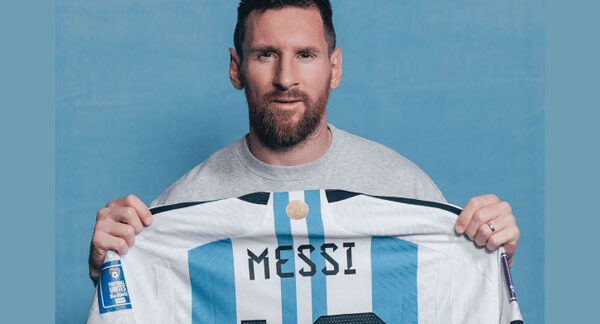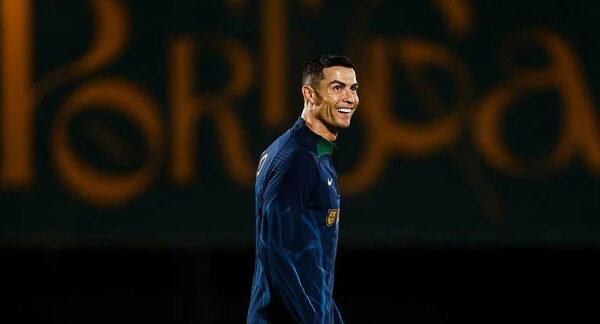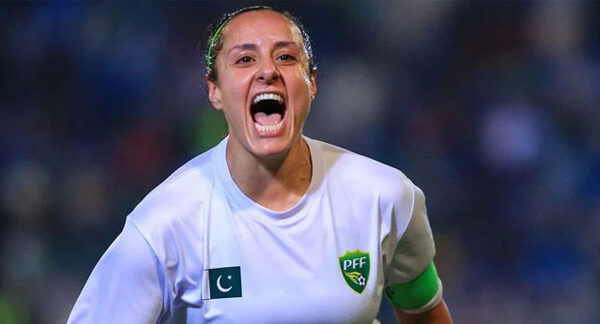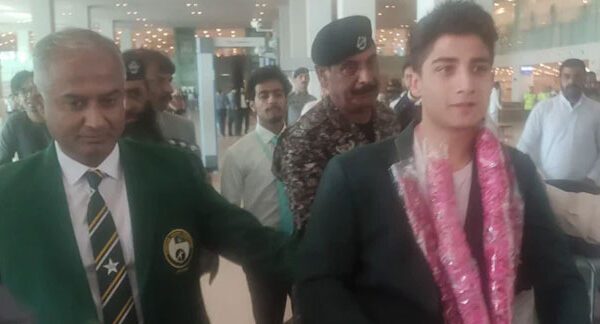Women’s World Cup Captains The Eight Armband Choices Approved by FIFA
The upcoming Women’s World Cup in Australia and New Zealand will see a progressive move by FIFA, the governing body of world soccer. FIFA has announced that it will allow a diverse range of armbands highlighting “a range of social causes” during the tournament. This decision aims to use the global platform of the Women’s World Cup, which is expected to reach over two billion people worldwide, to raise awareness about critical societal issues.
To ensure a thoughtful and impactful approach, FIFA has collaborated with various United Nations agencies and conducted extensive consultations with stakeholders, including players and the 32 participating member associations. As a result, team captains will have the honor of wearing armbands representing eight different social causes, such as gender equality, inclusion, and peace, among others.
By promoting these important social causes, FIFA is taking a significant step towards using sports as a platform for positive change and amplifying the voices of those advocating for social progress and equality. The Women’s World Cup will not only be a showcase of top-level football but also a symbol of unity and support for various global issues.
Following are the 8 types of armbands allowed by FIFA:
- Unite for Inclusion – in partnership with UN Human Rights
- Unite for Indigenous Peoples – in partnership with UN Human Rights
- Unite for Gender Equality – in partnership with UN Women
- Unite for Peace – in partnership with UNHCR, the UN Refugee Agency
- Unite for Education for All – in partnership with the UN Educational, Scientific and Cultural Organization (UNESCO)
- Unite for Zero Hunger – in partnership with the UN World Food Programme
- Unite for Ending Violence Against Women – in partnership with UN Women
- Football is Joy, Peace, Love, Hope & Passion – in partnership with the World Health Organization (WHO)The Women’s World Cup, scheduled from July 20 to August 20, promises to be a platform for not only showcasing top-level women’s football but also championing critical social causes that deserve global attention. The opening game between co-hosts New Zealand and Norway in Auckland will kick off the highly anticipated tournament, setting the stage for a month-long celebration of football and social impact.








